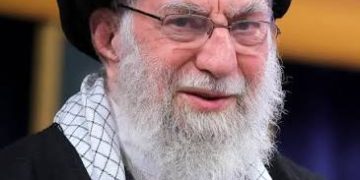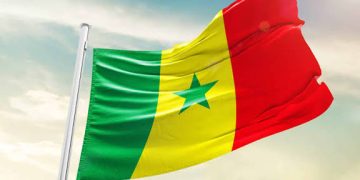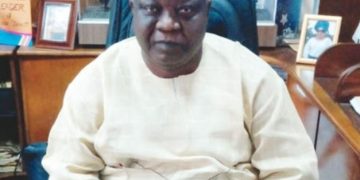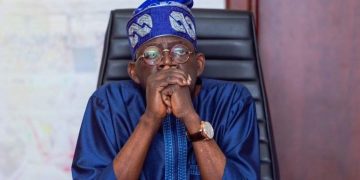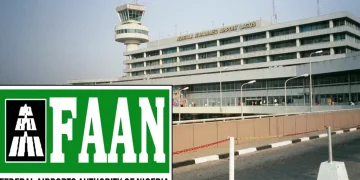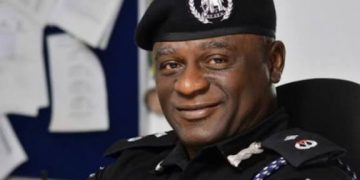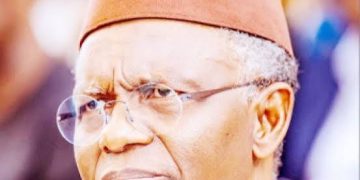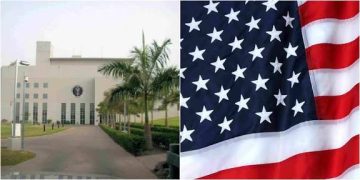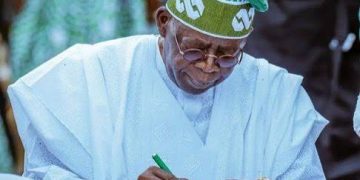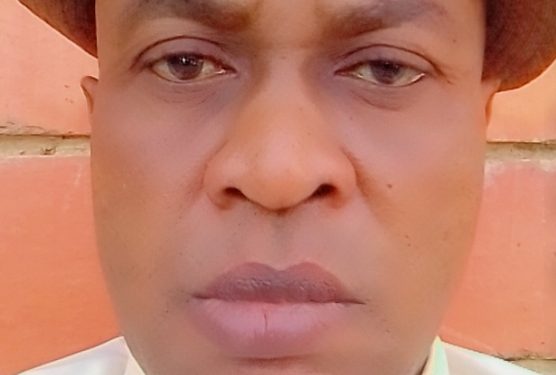As Enugwu Agidi, Anambra State, prepares for another crucial moment in its democratic journey, an equally significant grassroots democratic process is under strain in one of its most historically and culturally important communities, Enugwu Agidi. The town, firmly rooted in the heritage of the ancient Nri customs, widely regarded as the cradle of Igbo civilization, now faces rising tension over the leadership election of the Enugwu Agidi Brotherly Union (EBU).
Traditionally held every 29 December since 1938, this long-standing electoral process is now threatened by internal disputes, allegations of constitutional breaches, and a controversial attempt to introduce an unauthorized new election date. These developments demand urgent attention from the Anambra State Government, which bears constitutional responsibility for safeguarding peace, fairness, and the integrity of democratic processes in all communities, regardless of their size.
It is the clear responsibility of the Executive Governor of Anambra State, Prof. Charles Chukwuma Soludo, to ensure free, fair, and credible elections across the state. This duty extends beyond general elections to town union elections, which serve as the foundation of grassroots governance and community stability.
Governor Soludo campaigned on commitments to transparency, peace, and the strengthening of local leadership structures principles strongly supported by the people of Enugwu Agidi. As the constitutionally recognized election date approaches, concerns about potential disenfranchisement have grown. The government must act to ensure that no indigene of Enugwu Agidi is denied the opportunity to vote on the established date of 29 December 2025.
No community is too small or insignificant for government intervention especially one with the historical depth and cultural significance of Enugwu Agidi.
Good leadership is anchored in transparency. When leaders communicate clearly, follow due process, and make decisions collectively, they build trust. When they fail to do so, suspicion and division quickly follow.
This growing concern has been fueled by actions attributed to the President General of EBU, Mr. Chukwuebuka Onuora, particularly the alleged unilateral attempt to alter the long-standing election date. In line with journalistic ethics, I contacted Mr. Onuora for comments before publication, but he declined an interview.
To ensure balance and fairness, I interviewed several members of the National Executive Committee (NEC) and community stakeholders, including:
Mr. Emeka Ementa – Stakeholder
Ozo Kene Darlington Okoye – Vice President, EBU National
Israel Chineze Anuta – Secretary, EBU National
Engr. Chinedu Okoye (Akuamia) – Financial Secretary, EBU National
Agudile – Assistant PRO, EBU National
Barr. Obuzo – Legal Adviser, EBU National
Okenwa Okam – Chief Provost, EBU National
Nnabuchi Stanley – Provost II, EBU National
Chief Stephen Okafor – Auditor, EBU National
Anyanor Oliver – Welfare Officer I, EBU National
Their testimonies consistently allege constitutional violations and procedural irregularities regarding the attempt to introduce a new election date.
According to the EBU Constitution, the authority to fix the date for the General Election lies solely with the National Executive Committee (NEC) a 15-member body (currently 14 due to a recent bereavement).
The Constitution does not grant the President General the power to unilaterally set an election date.
NEC members state that while five members, including the President General, supported a proposed date of 16 December 2025, nine members, constituting a clear majority, insisted on retaining the traditional and constitutional date of 29 December 2025. Under constitutional and democratic principles, the majority decision is binding.
On 7 November 2025, Mr. Onuora issued a letter announcing that the General Conference and election would be held on 16 December 2025, a Tuesday when schools and offices remain open. The letter was published online on 16 November 2025.
NEC members immediately rejected the announcement, describing it as unilateral, unconstitutional, and issued without their knowledge or approval. They later released an official counter-statement reaffirming 29 December 2025 as the only legitimate election date.
The attempt to change the election date has been formally rejected by:
The Igwe-in-Council
The Elders Council Chairman
The Ulonabo Chairman
All Village Chairmen
EBU Nigeria Branch Chairman
All Patrons of Enugwu Agidi
This broad consensus reemphasized the seriousness of the situation and the perceived threat to community cohesion.
Why 29 December Remains the Most Inclusive and Logical Date
A deeply cherished tradition in Enugwu Agidi is the “Mass Return,” the annual expectation that all indigenes return home for the festive season. The 29 December election date has been maintained since 1938 because it ensures:
Most indigenes are home for Christmas
Schools are closed
Government and private offices operate on reduced schedules
Community ceremonies and gatherings are in full swing
Although 29 December 2025 falls on a Monday, it remains within the Christmas holiday period. In contrast, 16 December 2025 falls on a regular Tuesday, when schools, businesses, and offices are fully active. Stakeholders argue that the proposed date would significantly reduce participation and disenfranchise many voters.
The NEC has since written to the Commissioner for Local Government, Chieftaincy, and Community Affairs, seeking government intervention. At this critical moment, the Anambra State Government must Review the constitutional issues raised by the NEC
Deploy observers to ensure peace and transparency on the 29 December 2025
Uphold the constitutionally recognized date of 29 December 2025
Protect community unity and stability
Enugwu Agidi is more than a town it is a custodian of Igbo heritage and cultural continuity. A disputed election could trigger unnecessary tension, erode trust in community institutions, and set a dangerous precedent for other towns.
Through their NEC, Igwe-in-Council, Elders Council, village chairmen, and stakeholders, the people of Enugwu Agidi have spoken with one voice: the election must hold on 29 December 2025, as constitutionally and traditionally mandated.
As the publisher of Profiles International Human Rights Advocate, I remain committed to accurate, responsible reporting that keeps Nigerians and the international community informed about this unfolding issue and the role played by all parties involved, including the Anambra State Government.
I am confident that Governor Charles Chukwuma Soludo, a leader known for his commitment to justice, transparency, and good governance, will uphold these principles by protecting the democratic rights and cultural traditions of the people of Enugwu Agidi.
Daniel Nduka Okonkwo is a seasoned writer, human rights advocate, and public affairs analyst known for incisive commentary on governance, justice, and social equity. Through his platform, Profiles International Human Rights Advocate, he has illuminated critical issues across Nigeria and beyond, championing accountability and reform.
With more than 1,000 published articles available on Google, his works have appeared in reputable outlets including Sahara Reporters and other major media platforms. He is also an experienced transcriptionist, petition writer, ghostwriter, and freelance journalist recognized for precision, clarity, and persuasive communication.

